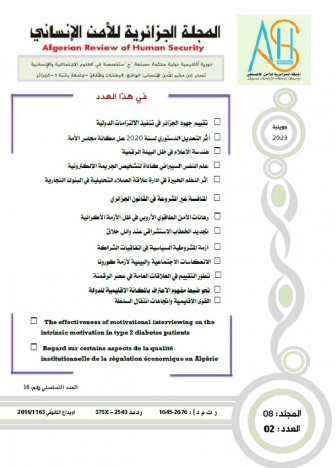Suggested models in post-treatment to evaluate the results of the counseling programs
DOI:
https://doi.org/10.59791/arhs.v8i2.1968Keywords:
counseling programs, extension program calendar, Proposed models for post-processingAbstract
A lot of experimental research and educational studies depend on employing remedial or strategic training programs, either based on the experimental or semi-experimental approach, and this is what is called independent variables. The nature of this research depends on the existence of an experimental design that may require a control group. Evaluation of these programs in their stages, especially the final ones, needs to employ one or more treatments, taking into account the multiplicity of measurement tools and their quality, timed or non-timed. Therefore, this study sought, depending on the descriptive approach, to shed light on the indicative programs, program evaluation, its types and stages, and then provide some models for evaluation methods. Especially post-treatment and follow-up effectiveness. The study reached the following recommendations:
- Ensure the impact and effectiveness of each extension
program after its implementation
- Employing modern dimensional processors and not being
limited to BlackBerry's treatment of the effect





